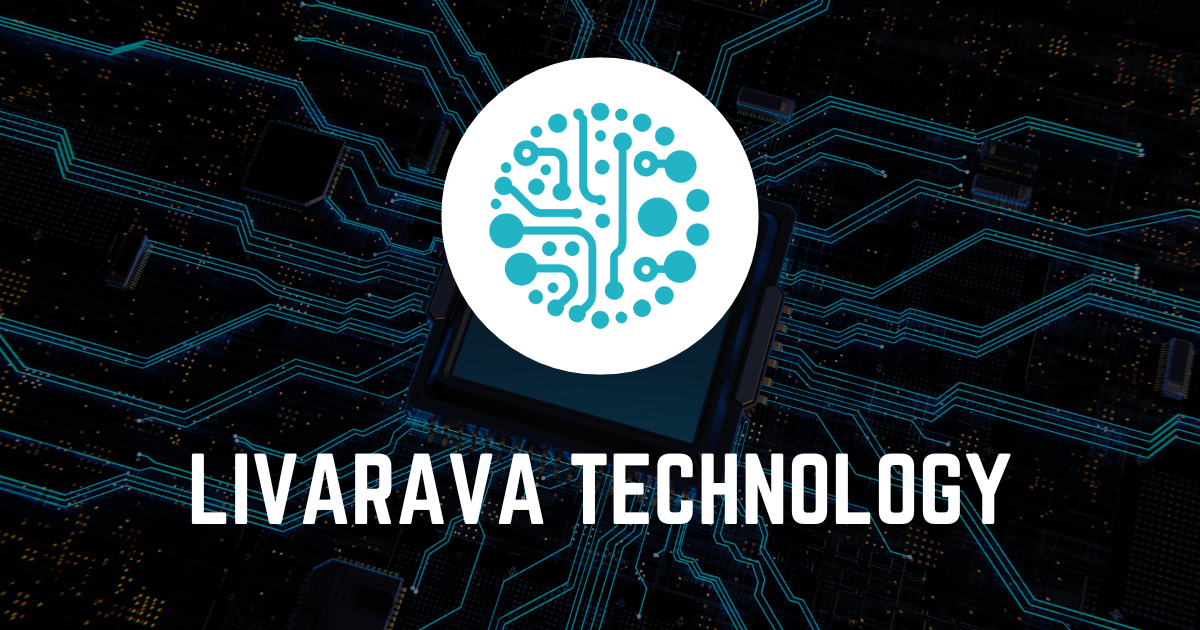Maximizing Efficiency in Social Housing through AI and Robotic Process Automation

Understanding AI and RPA in Social Housing
The term ‘artificial intelligence’ can give the sense of a sentient being, able to replicate everything of which the human mind is capable. However, the reality is quite different. AI is simply a set of technologies that can analyze data, learn from it, and make decisions.
The Role of AI
- Streamlining operations
- Enhancing tenant experiences
- Reducing operational costs
Implementing Robotic Process Automation
- Automating repetitive tasks
- Improving accuracy in data processing
- Freeing up human resources for more complex issues
In conclusion, integrating AI and RPA in social housing is not just beneficial, it's essential for future operations, enabling better resource management and improved tenant satisfaction.
This article was prepared using information from open sources in accordance with the principles of Ethical Policy. The editorial team is not responsible for absolute accuracy, as it relies on data from the sources referenced.